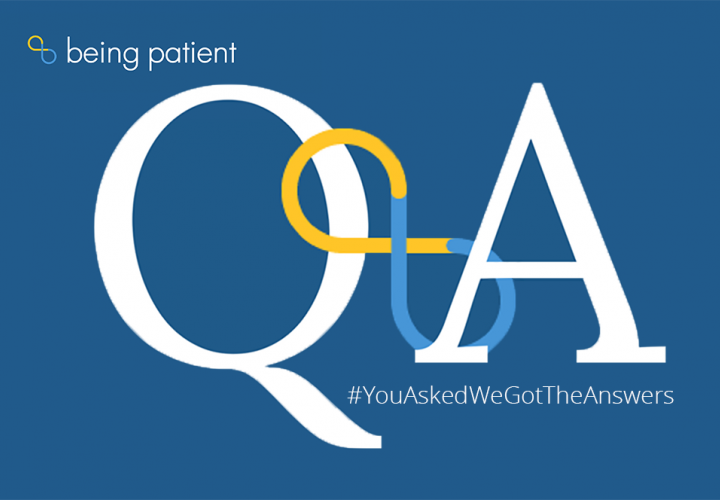The Food and Drug Administration is cracking down on dietary supplements sellers making claims that their products can cure or treat dementia and Alzheimer’s. The agency sent 12 warning letters and five online advisory letters to companies that said their supplements could cure ailments like Alzheimer’s.
“Alzheimer’s is a challenging disease that, unfortunately, has no cure,” said the F.D.A. in a statement. “Any products making unproven drug claims could mislead consumers to believe that such therapies exist and keep them from accessing therapies that are known to help support the symptoms of the disease, or worse, as some fraudulent treatments can cause serious or even fatal injuries.”
Supplements are legal and many people have every confidence in their effects. What’s not legal, though, is making claims that supplements can treat, cure or prevent disease. Unlike prescription drugs, dietary supplements do not have to go through several clinical trials to prove efficacy or safety. Some supplements do rigorously test safety, but it’s not required—and it can be difficult for consumers to sniff out the snake oil.
According to the F.D.A., three out of four Americans now take a dietary supplement. It’s not a surprising number, given that Instagram influencers like Kim Kardashian have been hawking supplements to millions of followers for years. For older adults, the rate is four out of five.
Nootropics, especially, often find a following on social media sites. Take, for instance, Brainz Power, a supplement company started by a USC student who was reportedly making $10,000 per month selling memory pills. The brand’s Instagram account has over 101,000 followers, but little information or scientific support for why certain ingredients are included in products. On the brand’s first blog post, it makes claims that one of their main ingredients, Vinpocetine, might prevent dementia. “Some research suggests that vinpocetine may also help to prevent the neurotoxic effects implicated in Alzheimer’s disease,” reads the post.
But taking a supplement can’t do any harm, right? Not according to the F.D.A., which states that vitamin K, for example, prevents a blood thinner drug from working and St. John’s wort, often billed as a treatment for depression, can reduce the effectiveness of antidepressants and birth control pills.
For the F.D.A. to step in and stop a company from selling a supplement, they have to prove that it’s unsafe. But, seemingly in direct conflict with ever exercising that power, dietary supplement companies are not required to tell the F.D.A. what is is their supplement. So how should a consumer determine dietary supplement safety on their own?
To determine a supplement’s safety, the F.D.A. recommends talking with your health care provider about any dietary supplements. Independent testing companies like U.S. Pharmacopeia, ConsumerLab.com and NSF International test dietary supplements to ensure that the product contains the ingredients listed on the label and does not have contaminants—though their seal of approval does not necessarily mean they are safe or effective.
The F.D.A. plans to continue enforcing stricter interpretations of the existing law, according to F.D.A. Commissioner Scott Gottlieb, M.D.
“Today’s actions are part of the F.D.A’s larger effort to address the booming growth of the dietary supplement industry through the implementation of modern regulatory initiatives that will enable the agency to preserve the balanced vision of the Dietary Supplement Health and Education Act (DSHEA), enacted by Congress 25 years ago,” said Gottlieb. “That law sought to achieve the right balance between preserving consumers’ access to lawful supplements, promoting innovation in these products, while upholding our obligation to protect the public from unsafe and unlawful products and holding accountable those actors who are unable or unwilling to comply with the requirements of the law.”
The agency’s goal is not to take down the supplement industry, said Gottlieb, who stressed that the F.D.A.’s goal was to help people make use of drug supplements that are safe and high-quality.
“I’ve personally benefited from the use of dietary supplements and, as a physician, recognize the benefits of certain supplements as a part of a comprehensive care plan,” said Gottlieb in a statement. “Making healthy choices about diets can have a significant and positive impact on Americans’ health. To be able to make those choices with respect to dietary supplements, consumers need to have access to safe, well-manufactured, and appropriately labeled products.”



